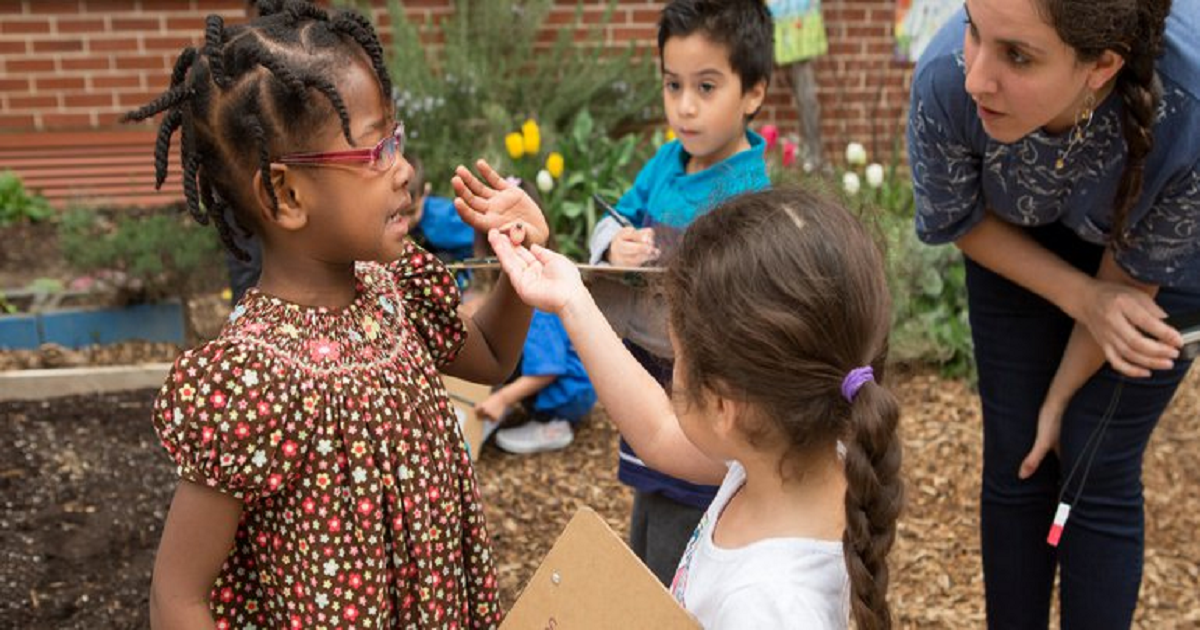Study: Early-childhood programs more segregated than K-12
educationdive | October 01, 2019

Early-childhood programs — including center- and home-based settings — are twice as likely as kindergarten and 1st-grade classrooms to have all black or all Hispanic children. They’re also less likely to be “somewhat integrated” with 10-20% of children being black or Hispanic, according to a new Urban Institute study comparing segregation between K-12 schools and the variety of learning arrangements for children 5 and under.The analysis of national early-childhood and K-12 datasets shows home-based early-childhood programs, such as family childcare homes, are more likely than center-based sites to be segregated. The authors note home-based programs in general face less regulations than center-based programs and that unlicensed sites, which can include care provided by friends and neighbors, are the most segregated. While policymakers and many education leaders are increasingly focusing on growing racial segregation in public schools — and looking for strategies to reduce it — “segregation in early-childhood programs is even more pronounced than in K-12 classrooms,” the authors write, “and that separation can lead to missed opportunities for contact and kinship during a critical point in child development.”